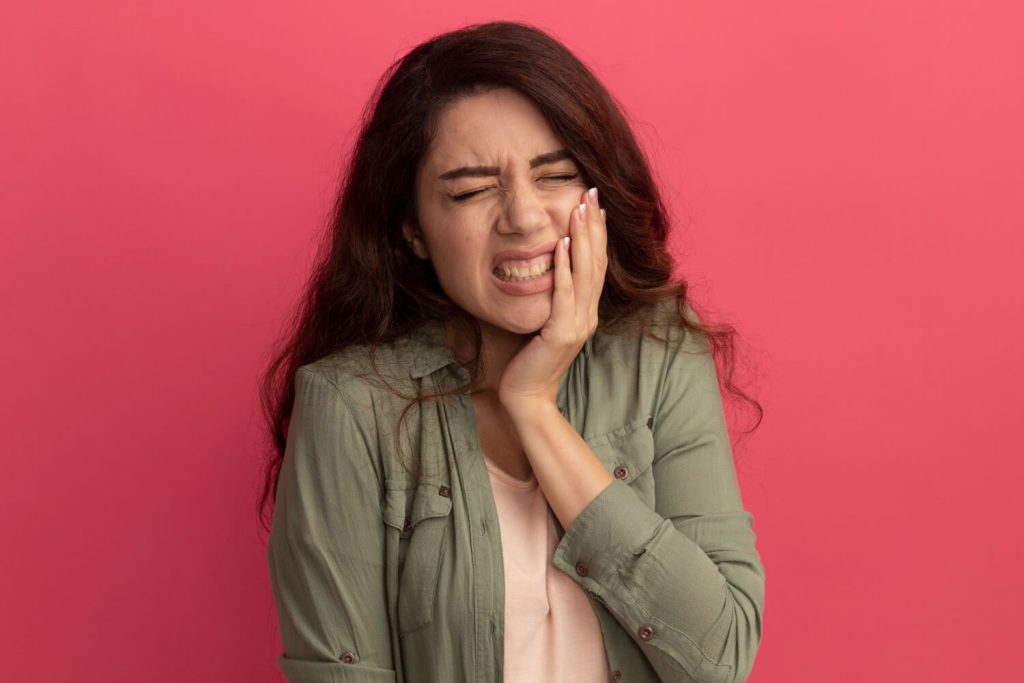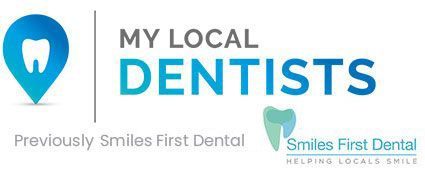Teeth Grinding: Your Disturbing Habit at Night

Bruxism, the medical term for clenching or teeth grinding, is a common condition that many people experience, often without realising it.
This habit can occur during the day or night, with nocturnal bruxism being particularly concerning due to its involuntary nature.
If not appropriately treated, teeth grinding can cause various dental and health complications.
Causes of Teeth Grinding
The causes of teeth grinding are varied and can be complex. Stress is a well-known factor, often leading to increased muscle tension and unconscious clenching.
However, dental issues such as misaligned teeth or an abnormal bite can also trigger this condition. Additionally, bruxism may be linked to sleep disorders like sleep apnoea, lifestyle factors such as caffeine or alcohol consumption, and even certain medications.
In rare situations, it can be a symptom of neuromuscular diseases affecting the face or a complication following severe brain injury.
Symptoms of Bruxism
Teeth Grinding manifests through various symptoms, some of which might be noticeable while others remain hidden. Common symptoms include:
- Persistent headaches: Frequent headaches, primarily upon waking, can indicate bruxism.
- Earaches: Pain in the ears that isn’t related to infections may be a sign.
- Jaw pain and muscle tenderness are common, especially in the morning.
- Worn or damaged teeth: Flattening, chipping, or even loose teeth can result from grinding.
- Increased tooth sensitivity: Teeth may become more sensitive to hot and cold.
- Sleep disruption: Grinding can disturb the person with bruxism and their sleep partner.
Diagnosis Process
Diagnosing teeth grinding involves a thorough examination by a dentist.
Your Northmead dentist will assess your mouth and jaw for signs of tenderness and dental abnormalities such as missing or damaged teeth and misalignment. X-rays may be used to obtain a complete picture of your oral health.
Sometimes, your dentist might recommend a sleep study to observe your nighttime grinding habits and rule out other sleep disorders.
Treatment Options
There are several effective treatment options for bruxism, each tailored to the underlying cause and severity of the condition:
- Mouthguards: Custom-fitted night guards protect teeth from grinding damage. They are typically worn during sleep and help cushion the teeth from excessive force.
- Dental Correction: Procedures such as adjusting bite alignment can reduce grinding. This might involve reshaping the chewing surfaces of the teeth or using orthodontic treatments to correct alignment.
- Stress Management: Stress-related bruxism can be lessened with methods including exercise, meditation, and treatment. Anxiety and stress management might also benefit from cognitive-behavioural therapy (CBT).
- Medicines: Muscle relaxants or Botox injections may be prescribed in severe cases to reduce muscle tension and prevent grinding.
- Lifestyle Changes: Reducing caffeine and alcohol intake, improving sleep hygiene, and avoiding chewing non-food items can help. A calming sleep routine can also make a big difference.
Impact of Untreated Bruxism
Teeth grinding can have serious long-term repercussions if left untreated. Chronic jaw pain and temporomandibular joint (TMJ) disorders are expected outcomes. Severe dental damage, including tooth fractures and loss, may also occur.
Additionally, the persistent pain and sleep disruption associated with bruxism can impact the overall quality of life.
Untreated bruxism may also increase the wear on dental restorations like crowns and fillings and necessitate more frequent visits.
Preventive Measures
Preventing teeth grinding involves a proactive approach to oral and overall health. Frequent dental examinations are essential for early diagnosis and treatment.
Stress reduction techniques, such as mindfulness and relaxing activities, can mitigate stress-induced bruxism.
It also helps maintain good sleep hygiene, including a relaxing nighttime routine and a consistent sleep schedule.
It is also beneficial to be mindful of habits contributing to bruxism, such as nail-biting or chewing on pens.
Teeth Grinding Management in Northmead
You should get professional assistance if you believe you may have bruxism or if you are experiencing any associated symptoms.
Visit your Northmead dentist today to effectively treat bruxism.
Learn more about the symptoms and treatments needed to aid the condition.
At My Local Dentists Northmead, we are equipped with top-notch dental tools and equipment, which are ideal for addressing your dental and oral concerns.
We help you achieve a better oral health experience through our remarkable skills in modern dentistry.
Book online or call (02) 9630 9996.
Visit us at 19/5-7 Kleins Rd in Northmead.
